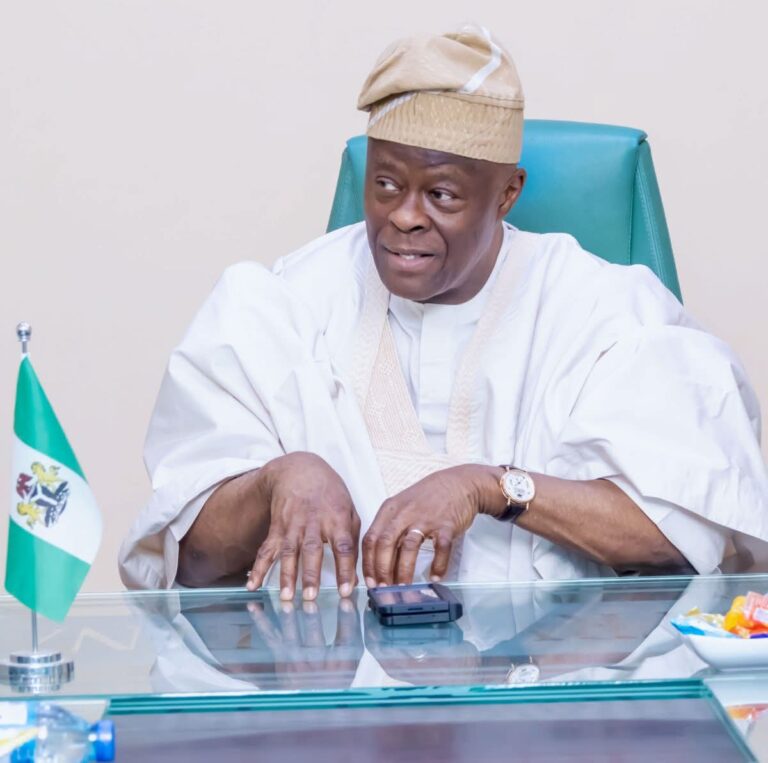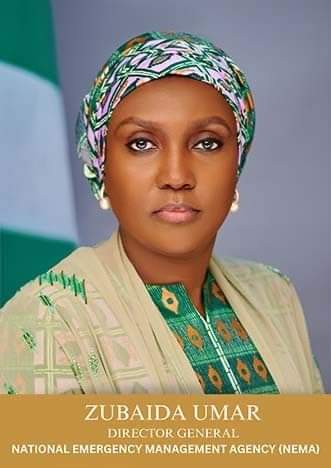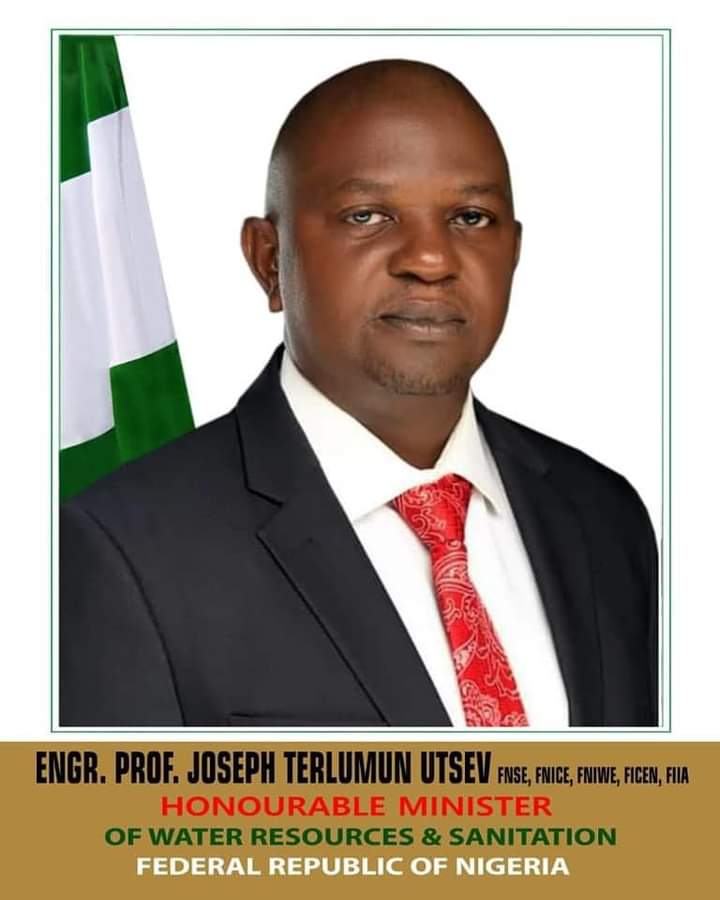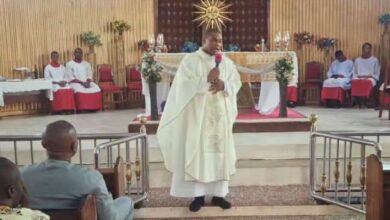Germany supports Lagos state to address climate change across Nigeria
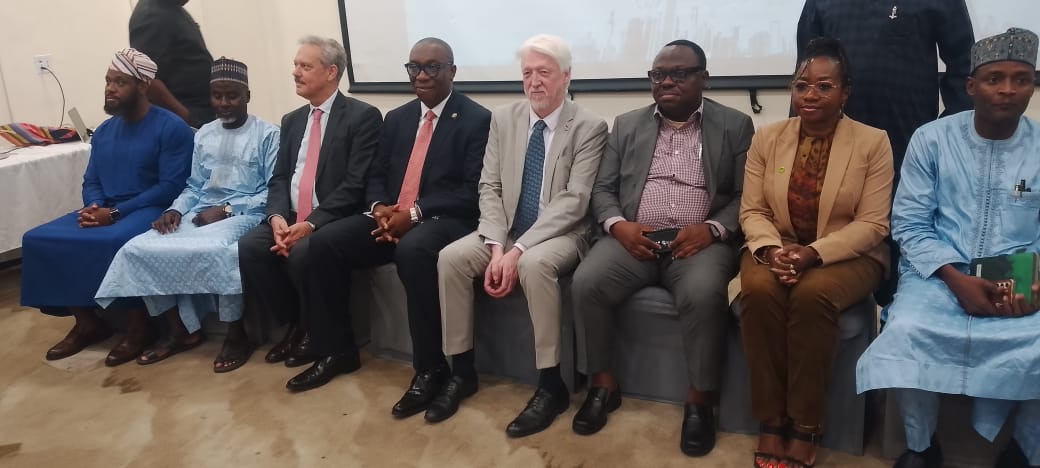
Germany government says it is committed to supporting Lagos State and other parts of Nigeria in embedding climate change adaptation into their development plans, with focus on renewable energy, institutional capacity, and sustainable infrastructure.
Mr Johannes Lehne, the Deputy Ambassador of Germany to Nigeria, said this on Wednesday in Lagos at the Sub-National Dialogue on Mainstreaming Climate Change Adaptation into State Development Plans.
The event was organised by the Deutsche Gesellschaft für Internationale Zusammenarbeit (GIZ) in partnership with the Lagos State Office of Climate Change and Circular Economy (LOCCE).
Lehne said Lagos had made progress in integrating sustainability into its development strategies, stressing that Germany would provide technical expertise and financial support to expand ongoing efforts.
“We are in Lagos to participate in this seminar on the adaptation of climate change policies into subnational plans. This is a very important event and we support Lagos in this planning process.
“We congratulate the city for the progress made and we will support them with expertise and with money for further success,” he said.
The envoy highlighted solar power as a key area of partnership with Lagos.
“In Lagos, we are looking at photovoltaic systems, especially for traffic management, home solar systems, and also for energy production not only for the citizens but also for the government. There will be financing windows to implement this,” Lehne added.
He said Germany had supported Nigeria for more than 50 years across all regions, tailoring programmes to the specific needs of states from Sokoto to Lagos, Niger to Anambra, and Port Harcourt to Borno.
“Different regions face different challenges, from desertification in the North to flooding in the South, and we have designed responses accordingly. For us, Nigeria is a key partner in Africa’s energy transition,” he said.
Lehne also pointed to recent federal initiatives such as the carbon market activation policy, which he described as a forward-looking step that could strengthen Nigeria’s economic resilience while creating opportunities for investment in the green economy.
“This approach will help secure both economic strength and climate resilience while placing Nigeria at the forefront of Africa’s role in the global energy transition,” he said.
Dr Markus Wagner, GIZ Country Director for Nigeria and ECOWAS, said climate change was already having devastating effects across the country, making adaptation urgent.
“In Nigeria, tens of millions already experience the harsh impacts of climate change and its risks such as droughts, floods and advancing desertification. These realities are reminders that adaptation is not optional but urgent,” Wagner said.
He explained that while the Federal Government had taken strides through the National Development Plan (2021-2023), the National Adaptation Plan, and the Climate Change Act, much remained to be done at state level.
“To take concrete actions, states need to develop policy frameworks that integrate climate action into their development plans and annual budgets,” he said.
He noted that GIZ was partnering with Lagos and other states to build capacity, close institutional gaps, and align policies with both national frameworks and international agreements like the Paris Accord.
On his part, Mr Sam Egube, Deputy Chief of Staff to the Lagos State Governor, said the dialogue was an opportunity for states to learn how to align development plans with climate action.
“In Lagos, we have a 30-year development plan that is secured by the people and the House of Assembly. No budget goes to the Assembly without being traced to the plan, and this keeps us on track,” Egube said.
He described Lagos as both vulnerable and strategic, noting its low-lying geography and its role as a magnet for migrants fleeing instability and climate pressures in other parts of Nigeria.
“If we do nothing, the climate situation will cost Lagos about 26 billion dollars. But with just 8 billion dollars, we can take action. That is why we are inviting partners, even though we are not waiting for them, because Lagos is already taking deliberate steps,” he said.
Egube listed ongoing state projects such as the development of deep seaports, investment in tree planting and mangrove restoration and food system security.
“Lagos State government have also embarked on electric-powered water vessels under the Eco-Omi project, and the decentralisation of emergency response systems.
“Lagos needs to be given a special status because we carry the burden of the nation. If we do not do anything about our climate situation, it will cost Lagos $26 billion, and we require just about $8 billion to take action.
“We are inviting partners, even though we are not waiting for partners, because we are taking deliberate steps in all our respective budgets, we are inviting partners to come.
“We talked about the Eco-Omi project, putting almost 35 new vessels, electric-powered, on our waterways. We’re talking about our investment in tree planting, mangrove development that’s going on from time to time.
“Lagos is Nigeria’s best chance for success. It is an economic behemoth and must be treated as a national asset, not just as a state,” he said.
NAN reports that the two-day dialogue brought together state officials, international partners and private sector actors to design strategies for mainstreaming climate change adaptation into development plans, and to identify pilot projects for implementation in selected states.
READ ALSO: Saudat Salami Launches Book, Inaugural Africa Ecommerce Summit to Shape Digital Trade Future
CS-SUNN Rallies Grassroots Leaders in Lagos to Lead Fight Against Unbranded Oils
Present at the event are the German Deputy Ambassador to Nigeria, Mr Johannes Lehne, the stakeholders in the industry, representative of the National Council on Climate Change (NCCC) led by its Director General, Mrs Omotemioye Majekodunmi
Others are: Lagos State Commissioner for Energy, Mr Biodun Ogunleye, Special Adviser to Lagos State Governor on Climate Change and Circular Economy, Mrs Titlayo Oshodi, Director General D-G General Budget Office of the Federation, Mr Taminu Yakubu, D-G, Nigeria’s Governors Forum, Prof. Olalekan Yinusa among others.
NAN

